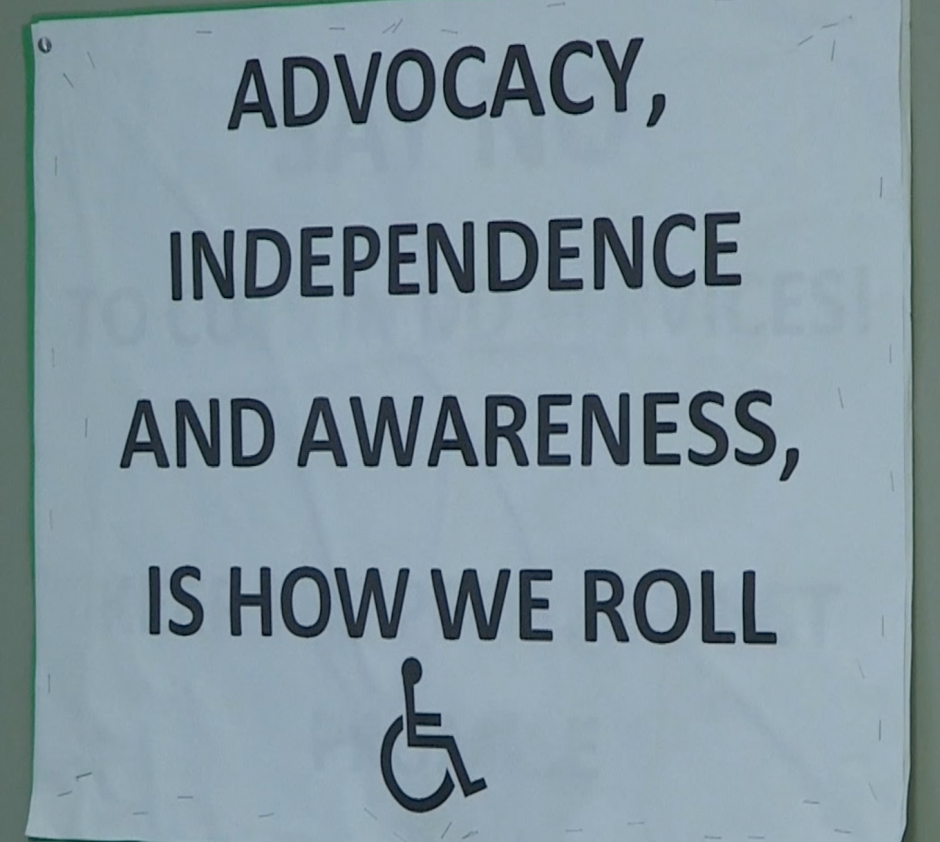By Hannah Fleager SYRACUSE, N.Y. (NCC News) — October is Disability Awareness Month and each year a national campaign is held with an overarching goal of bringing awareness to employment issues and challenges for people with disabilities.
There are a handful of advocacy and awareness groups across the Central New York region that are joining in on the month and are hoping to inform community members about this kind of awareness and the importance of advocacy.

One of the 5 boroughs that make up The Self-Advocacy Association of New York State (SANYS) is situated in the city of Syracuse. This association is a not-for-profit organization run by and is for people with developmental disabilities.
SANYS’ main goal is to increase the number of choices that people have to live, work, and participate in their communities. The organization supports the idea that no community is complete unless all of its members have the opportunity to live their lives as full and contributing citizens.
Although discussions about the issues and challenges people with disabilities experience are in no way limited to just this span of 31 days, this month sheds fresh light on this type of awareness. “It’s important because you know we don’t want to be seen as people with disabilities,” said Co-Founder of SANYS in Central New York, Michael Kennedy. “We want to be seen as people who make a difference in our communities and we don’t want to be seen as our disability. We want to be seen for who we are.”
SANYS helps start self-advocacy groups across the state and works with programs that are already up and running that might be struggling. The organization’s work extends within the local community as well.
“We also help people with service related issues. We do a lot of public speaking. We go to candidate forums and we talk to our legislators,” said SANYS Field Assistant, Robert Belden.
Awareness is the common thread among all of SANYS’ efforts not just during this month but all year long. Members of SANYS work diligently to spread the importance of advocacy into many realms within a community including local government.
“Nothing about us, without us. Meaning that you can’t say anything about is without us being at the table,” Kennedy said. “Because for years they were doing that. Professionals and stuff were saying things about us, without us being at the table.”
Finally, members of the organization want community members to know that a self-advocacy group like their own is a place where anyone can find out more about the rights of people with disabilities, a resource for everyone to learn how they can make changes in your home and workplace, and a place you can reach out to in order to better understand how to be an advocate for yourself and for any one living with a disability.
As for the future, Kennedy hopes for even greater change.
“Actually I’d like to do away with the term disabilities and just be a person,” Kennedy expressed. “You know we want to make change for the better because I think sometimes they use the word disability in a negative sense and we don’t want that.”




